If you're struggling through that loathed 3 PM slump or need a mellow morning vibe rather than your usual double espresso, you need to give energy tea a try. While most people reach for their coffee mugs in the morning, more and more health-conscious folks are finding that the right tea for energy can give them all kinds of sustained energy without all the jitters and crashes that coffee has.
You know what's so wonderful about having a cup of tea as a pick-me-up? It's not just the caffeine; it's the pleasant mix of chemicals that enable you to focus, quiet your mind, and remain alert for several hours. You can't get that with coffee. But to get the "calm alertness”, you need to find the best tea for energy.
Why Tea for Energy? The Science Behind the Smooth Boost
The trick is when caffeine combines with L-theanine, an amino acid that appears in tea leaves. What is so intriguing, though, is the way that L-theanine operates. It creates intense alpha waves in brain neurons, which puts a person into a state of relaxation.
But then the interesting thing happens – when concentration is needed, those alpha waves plummet, suggesting that previously dormant neurons suddenly pick up the pace. This produces what researchers call "relaxed concentration" – just what you require for effective work or study sessions.
Going for an herbal tea for energy, such as ginseng, works a little differently. Rather than relying on caffeine, these teas contain ginsenosides – the compounds that make your body more capable of dealing with stress, and increase your stamina and concentration. In contrast to those fake energy drinks that get you going for a moment, ginsenosides keep everything in balance, and that's great for maintaining your energy throughout the day.
Top 5 Teas for Energy and Focus
When looking for the best tea that gives you energy, you have to do some research and learn about the compounds your preferred tea contains. Here are some of the best options to consider to find the right tea energy drink.
Black Tea
If you'd rather escape coffee without sacrificing that robust, full-bodied flavor, black tea is your best buddy. Containing approximately 47-60 milligrams of caffeine per 8-ounce serving, black tea provides you with about half as much caffeine as coffee, along with something coffee can't: the balancing action of L-theanine.
Matcha
Matcha is a bright green powder made by grinding up whole tea leaves that provides an instant energy boost and some incredible long-term health benefits that no other beverage can even approach. The amount of caffeine in matcha really does depend on quality and manufacturing, and it can be from 38 to 176 milligrams per serving.
Ex-coffee consumers who switch to matcha report in unison something amazing: they are more "level" and steadily fueled for longer periods than ever in the past with coffee. This is due to matcha's distinctive processing. The tea leaves are shaded weeks prior to harvest, greatly boosting both caffeine and L-theanine levels. This produces what most call "focused calm" – sharp and energized, but calm and serene.
Green Tea
Green tea holds a unique position among the best energy tea category since it provides the ideal introduction to tea's energy-providing qualities without overwhelming the new user. With 25-45 milligrams of caffeine per cup, green tea provides only a light kick that is ideal for the caffeine-sensitive or for someone who is looking for a light energy boost.
What makes green tea so valuable is its L-theanine content – some varieties contain 20-40 milligrams per cup. That makes for a perfect combination for enhanced cognition without jitter. One of the greatest things about green tea is that it gives you energy that lasts all day without the ups and downs you get with coffee. Most people say they feel energized for 4-6 hours after having green tea, and there's no big crash or need for a caffeine boost afterwards.
Yerba Mate
This amazing South American tea energy drink comes from the Ilex paraguariensis plant and provides you with a unique energy boost that's got athletes, businesspeople, and essentially anyone seeking long-term physical and mental energy completely addicted.
At approximately 80 milligrams of caffeine per cup, yerba mate may be the middle ground between coffee and tea, but it's much more than a stimulant, as it contains caffeine, theobromine (also in chocolate), and theophylline. It's this blend that produces what most describe as "balanced energy" – alert and concentrated without the jitters or nervousness.
Pu-erh Tea
Pu-erh tea is yet another impressive herbal tea for energy . This fermented, aged stuff from Yunnan province in China has a really distinctive energy kick with just the right level of caffeine, and it also has some great flavors and health benefits that get better with decades of aging. At 60-70 milligrams of caffeine per cup, pu-erh gives a huge energy boost with less bitterness than coffee.
Tea vs. Coffee: The Complete Energy Comparison
Learning the general differences between tea and coffee can assist you in choosing your daily energy routine. Although both beverages provide you with caffeine and offer health benefits, they work their magic in fairly different manners. For starters, 8oz of coffee gives you up to 120mg of caffeine, where it's much lower in the case of green or black tea (25-50mg). Here are other differences:
- Tea leaves you with a pleasant, consistent sense of calm concentration for 4 to 6 hours, whereas coffee provides a spike of energy that lasts 1 to 3 hours, and then you'll crash later.
- Jitters or jittery nervousness risk is low when consuming tea due to L-theanine's ability to soothe caffeine's stimulating properties, but coffee can lead to excessive nervousness and jitteriness, particularly in sensitive individuals or more than 200 mg per serving.
- For cognitive processing, tea blends caffeine and L-theanine together to support working memory and effortful attention, with coffee's caffeine improving alertness but also possibly increasing impulsivity at doses over 120 mg.
- Tea has less caffeine, and it's safe for anyone to take it in the afternoon without expecting sleepless nights. But coffee's caffeine holds on for 3–5 hours, and it can spoil your sleep if you have it later.
Conclusion
Sipping tea instead of coffee is not actually about substituting one caffeinated beverage for another – it's about seeking out a more relaxed and sustainable method of getting your day started. If you require the strong kick of black tea, the zen-like energy of matcha, or the smooth buzz of green tea to make it through your day, the tea world is there to help you out with choices that completely embrace healthy living.
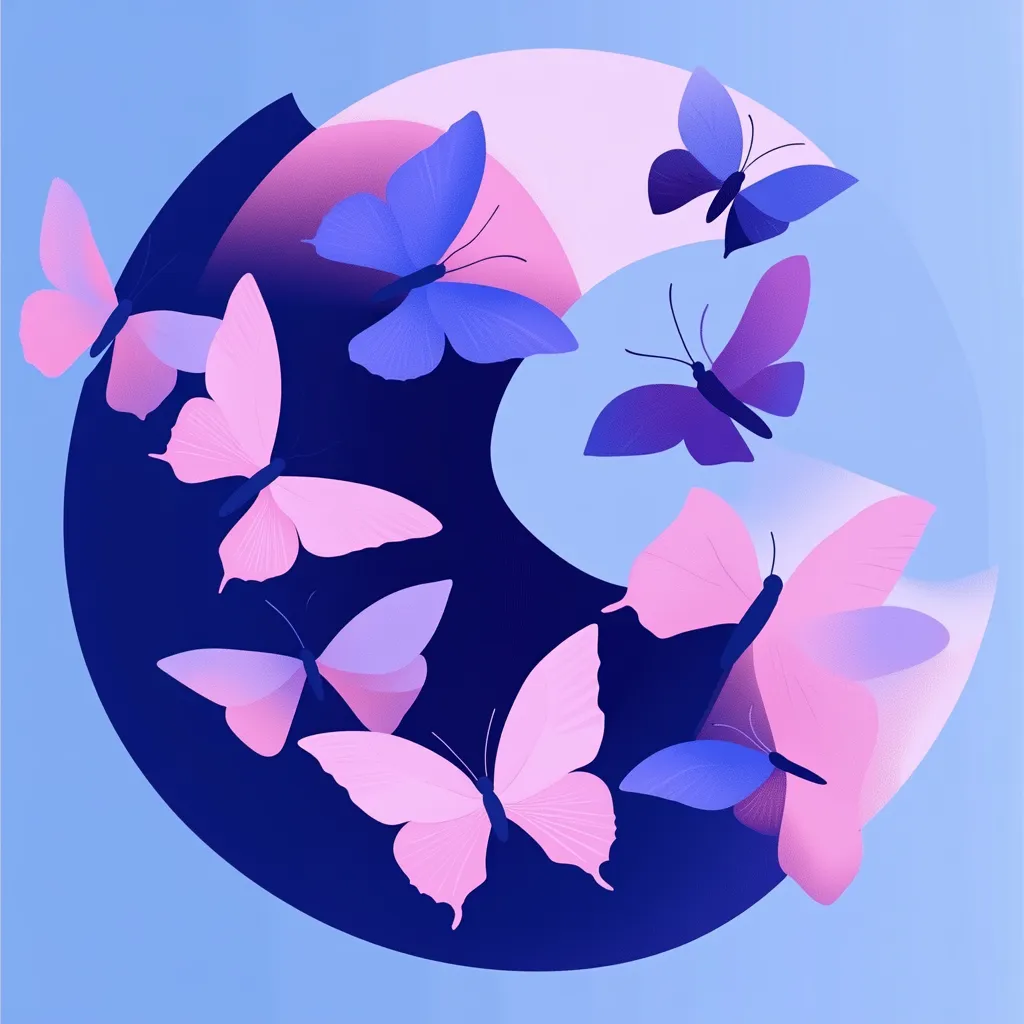
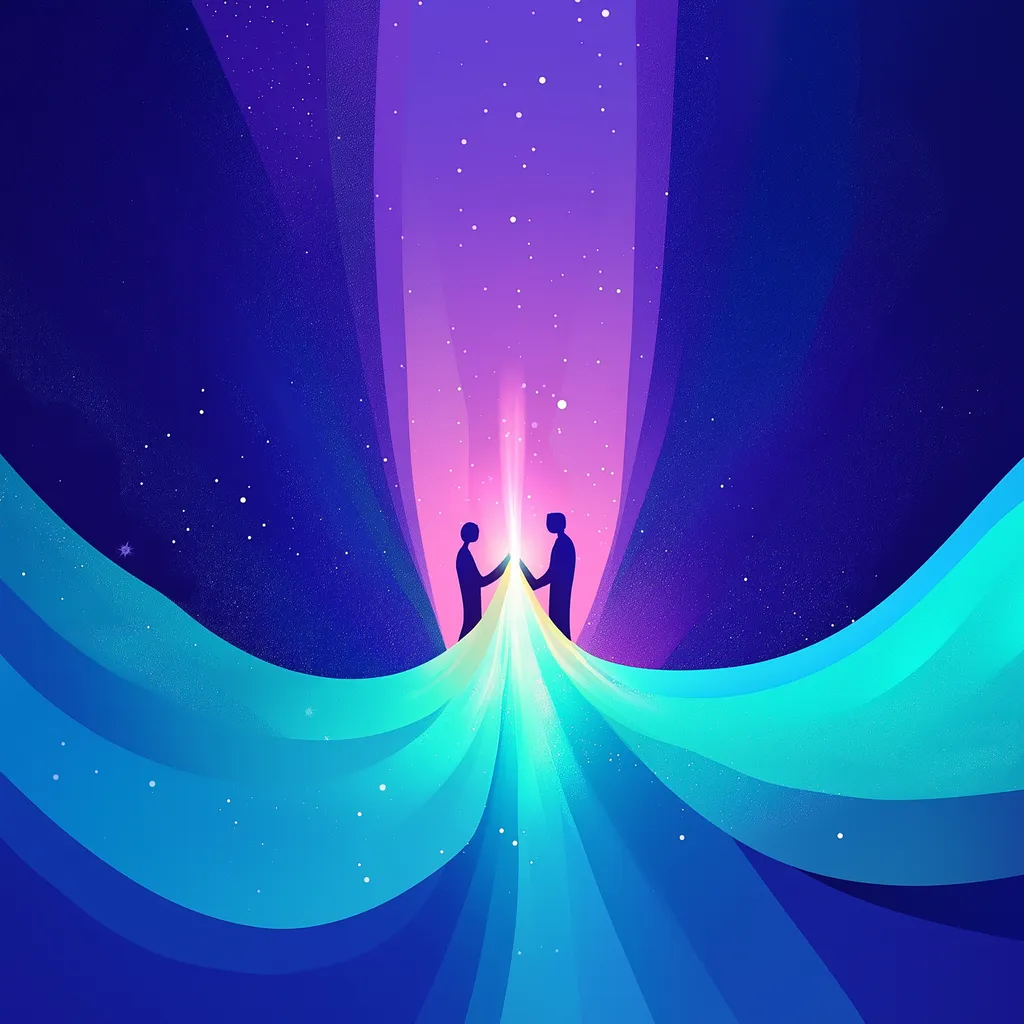
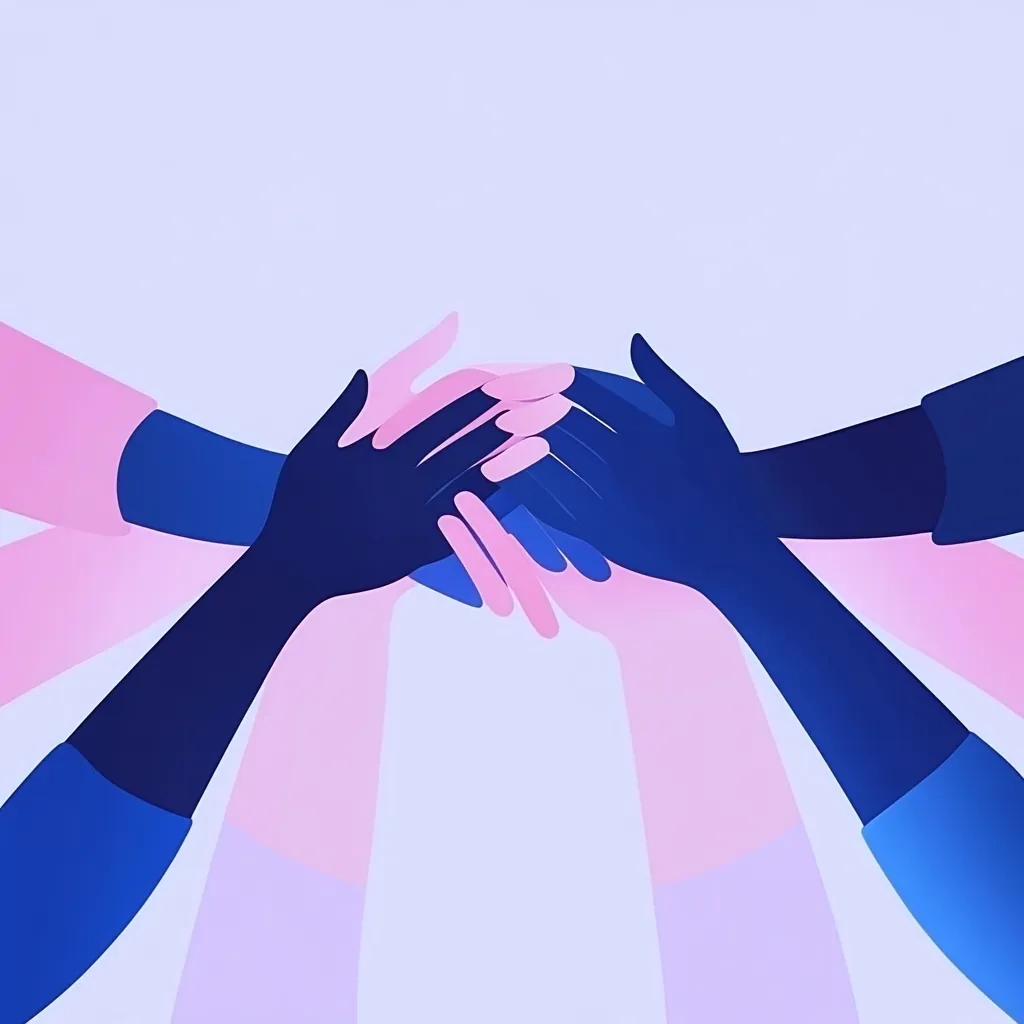
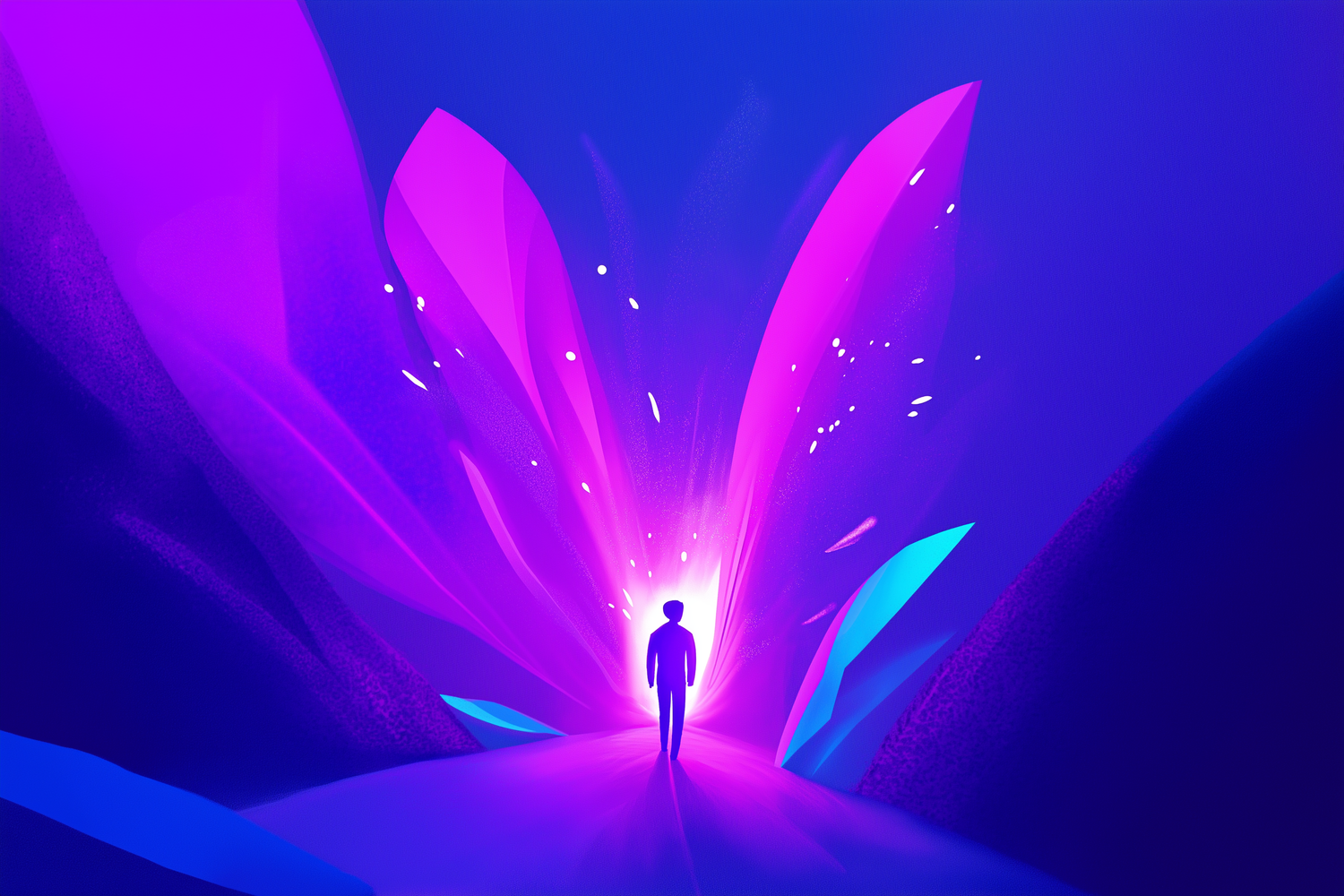
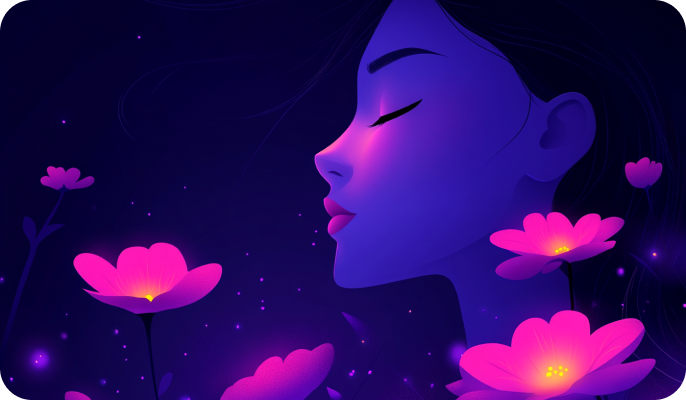
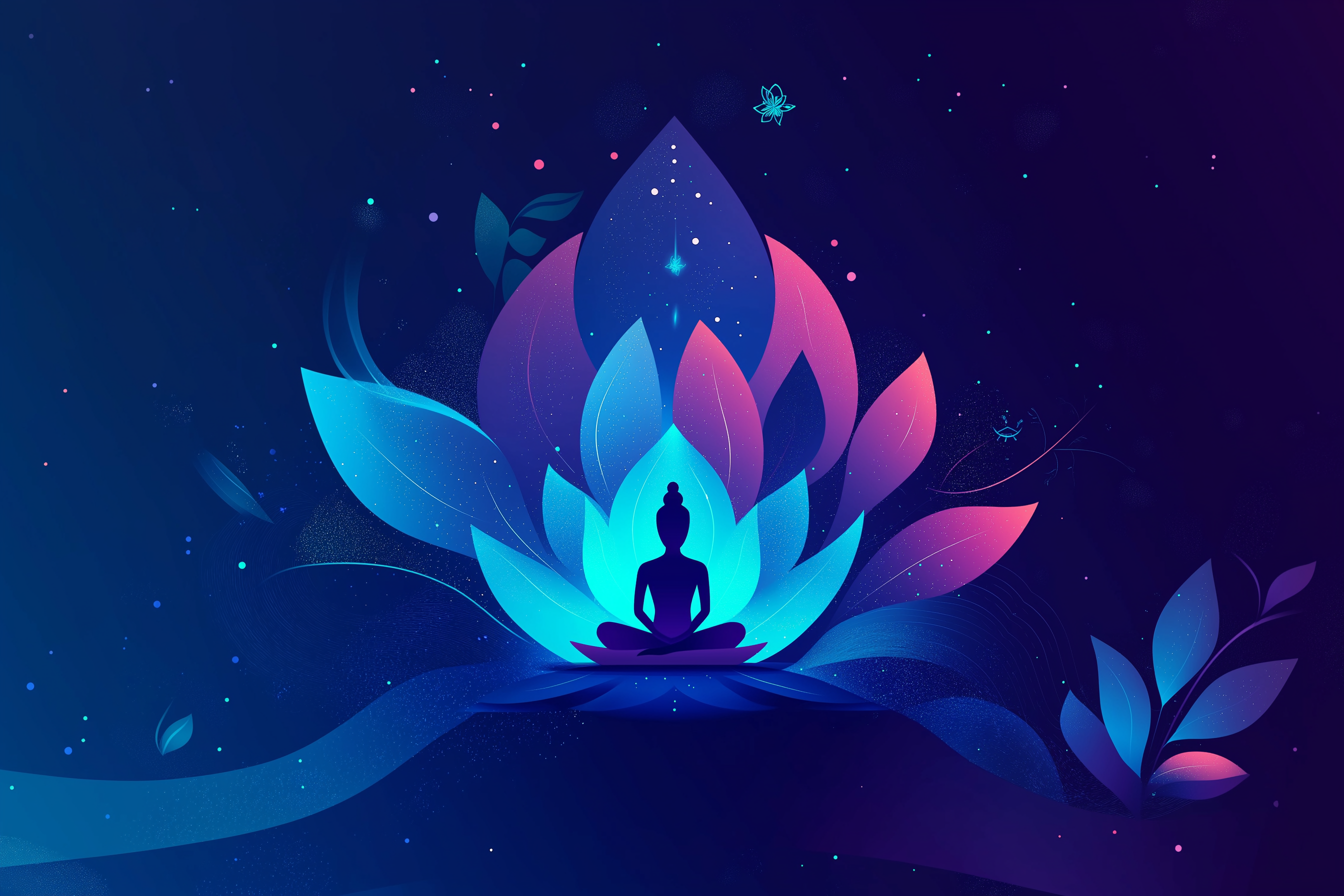
Leave a comment
This site is protected by hCaptcha and the hCaptcha Privacy Policy and Terms of Service apply.